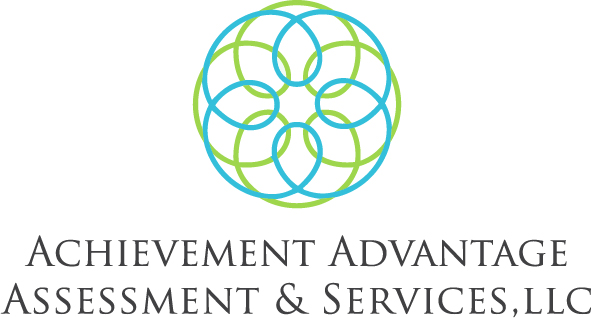Last week we shared information about accommodations students with disabilities might need in a postsecondary setting. While a Section 504 Plan is designed to help you better access the curriculum, you may still find that additional services are required to meet your needs. Many career centers, colleges, and universities offer a variety of supports that all students can access.
Disability Services. In order to obtain accommodations, you will need to contact the office that supports students with disabilities. They will be able to inform you about their process for requesting accommodations. They may also have additional services available to you such as on-going meetings with their staff, workshops, or access to assistive technology. They will also be able to make recommendations about where to find additional services you may need.
Counseling Center. All students have access to the counseling center, but if you have a disability that affects your mental health, the counseling center can be an invaluable resource. Most counseling centers have a variety of counselors who specialize in different areas of mental health.
Medical Center/Clinic. If you have a disability that affects your health or you need to take medication to address symptoms of a diagnosis, clinics are staffed by doctors and nurses. In the event that they are unable to meet your needs, they will be able to make an appropriate referral to another professional in the area.
Writing Center. Writing centers are widely offered in many educational settings. Staff members will be able to help you at all stages of your writing, depending on your needs. They can help at the planning, writing, and editing stages.
Academic Departments. If you are having difficulties in a certain subject area, you should consider speaking with the administrative assistant of that department. Often times, they may have formalized tutoring hours that you can attend. If not, they may know of other students who volunteer as tutors.
Communicating with Professors. While professors are not responsible for providing remediation instruction, they are required to have office hours and are able to answer questions and provide guidance. If you did not do well on an exam or assignment, make time to meet with your professor and ask them about how you can do better in the future. If you have an upcoming test, you can ask questions about topics you still are unclear about. Or if you have an assignment coming due, they can ensure that you are on the right track. In all cases, when you meet with your professor, you should come prepared. This means that you should already be doing the work, whether that’s having begun studying or started upcoming assignments, so that you have specific questions.
While accommodations and other services provided by postsecondary services are necessary and helpful, sometimes adult students need additional services to help them be successful in school and other areas of life. For the next blog, we will focus on private services students with disabilities may wish to seek outside of their educational organization.

